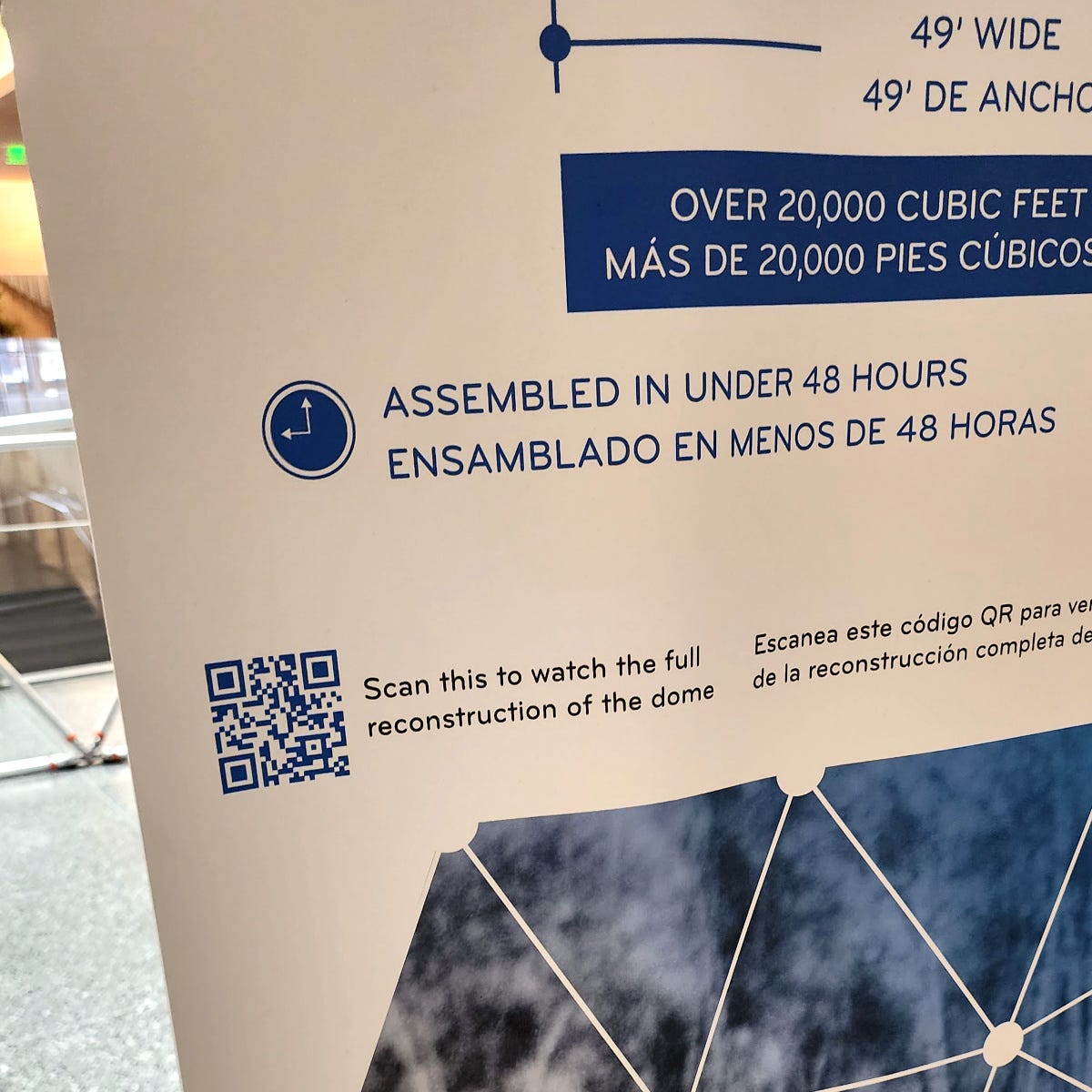Out in the cold
On converting foreclosed hotels, living in police station parking lots, and the need to make quick, safe housing in cheap abundance
The city of Chicago, like a number of other major cities, is struggling to deal with the most pressing basic needs of an influx of migrant families. Some 3,000 are living, for now, in Chicago's police stations and airports. The effort to provide even temporary housing has created friction with some existing residents, who see the new arrivals as competitors for scarce social-service resources.
■ The city reports that 21,000 asylum-seekers have been taken in since August 2022, and that more than 12,000 are currently in shelters. Many others have been resettled or "reunited with sponsors". But even with those relief mechanisms, it's still the equivalent of absorbing the population of a small city.
■ The plight is acute, because winter is imminent, and at least 1,500 of those migrants are living in tents with virtually no insulation from the cold. The city is trying to assemble "winterized base camps" in a handful of sites, including a vacant grocery store, using tents large enough to shelter hundreds of people at a time.
■ Chicago had a significant population of homeless people before the arrival of the asylum-seekers. And projects like converting a foreclosed hotel into a temporary shelter for that incumbent population are helpful, but only in limited fashion.
■ The obstacles to speedily delivering safe, low-cost, permanent shelter for 21,000 new arrivals only serve to highlight that the very same obstacles stand in the way of aiding the incumbent residents who needed shelter before them. It should not tax our civic imaginations to such an extreme to figure out how to quickly get (permanent) roofs over heads.
■ Housing will always be a basic human need -- one of the most basic of all. And there will always be events that cause sudden surges in demand for it, from wars to famines to natural disasters. We ought to be clever enough to find replicable solutions that can be set up at low cost, at scale, in a hurry. If those answers can be found -- especially if the price can be brought low -- then other resources can be spent on the much wider range of social services that people in crisis also need.



